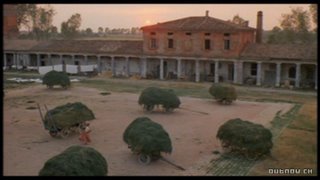 I Want Action!*
I Want Action!*About this time last year, I was just moving about my daily life--going to work, having a home life, and writing this blog. I keep up with some of the Chicago-centric blogs to see what's new in town, and I saw an item in one of them about something called The Beachwood Reporter. Clicking through, I discovered a site of great relevance and irreverence about the big politics and big business of my home town. Specifically, editor Steve Rhodes took to task the fat cats of the Daley Machine who have run this city since the first Mayor Daley took office about the year I was born. But Steve didn't stop there. He tore into the two major dailies, The Chicago Tribune and The Chicago Sun-Times, for their fatuous, timid, and lazy journalism, particularly with regard to our local pols. I'd found a kindred spirit in blogland.
I immediately contacted Steve and told him I wanted to do something, anything for The Beachwood, and gave him my blog URL as reference. He told me he liked what I did and would be happy to have me aboard. So, I started writing the odd article for him. We entered negotiations to have Ferdy on Films relocated to the Beachwood site. That discussion and process have taken almost a year, but it is finally about to happen.
Ferdy on Films will have a new home at ferdyonfilms.com. I have to learn a whole new publishing system, so you might see a few glitches here and there until I learn the ropes. However, I guarantee that Ferdy on Films won't change what we do here. Reviews of offroad movies have been and always will be our stock and trade. Rod and I will be joined by a couple of new writers, and we'll add a few new items of interest in the months to come.
We're currently doing a special section on the Oscars at The Beachwood, with a brilliant column by Rod anchoring the proceedings. Check it out and check out Ferdy at the Beachwood's coverage of the European Union Film Festival at the Gene Siskel Film Center beginning March 2.
I've had a ball here at Blogger and hope you'll join me at my new home. And now to quote Peggy Cummins, the star of the first film I reviewed on this site and the face that has been my stand-in on this site all along:
"Come on, Bart, let's finish it the way we started it: on the level."* l
*Annie Laurie Starr (Gun Crazy)
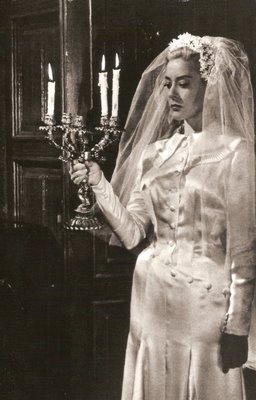
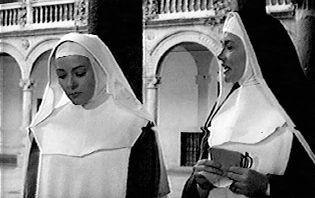


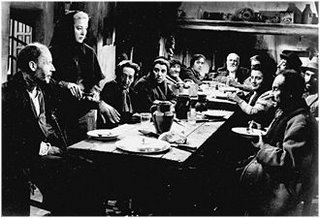
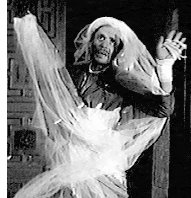
 1900
1900 


